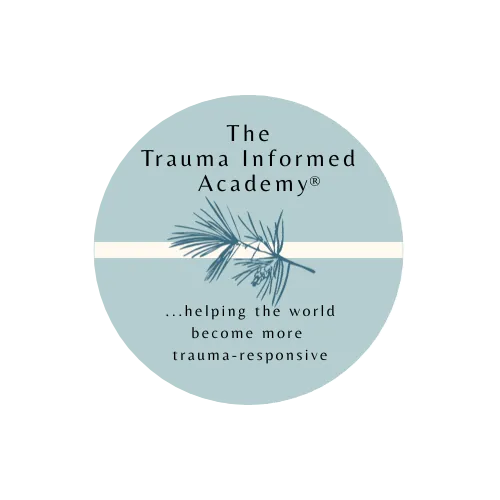

Brains in Alarm Can’t Learn—Why TR-EQ Is the Antidote to a Reactive World
Right now, many of us are navigating a world that feels more unpredictable—and more polarized—than ever. Politics seem to be fueled by divisiveness and outrage. The news that “floods the zone” is designed to provoke. Social media rewards our reactivity instead of our reflection.
It’s no wonder that so many people are struggling to think clearly, cope differently, connect meaningfully, or even sleep well! The truth is simple:
Brains stuck in alarm can’t learn.
Why? When we are overwhelmed—whether by headlines, hostility, or our own histories—our nervous systems shift into survival mode. This “alarm state” shuts down the part of the brain responsible for learning, empathy, and regulation. And the longer we stay there, the harder it becomes to function with clarity, kindness, or purpose.
This is where our TR-EQ model comes in. TR-EQ stands for Trauma-Responsive Emotional Intelligence. It’s a model we developed during the pandemic by cross-walking the skills required for recovering from overwhelming events with the competencies of Emotional Intelligence (EQ) and Social Emotional Learning (SEL). What we found was astonishing (but not surprising): There’s over a 90% overlap.
The very skills that help people succeed in life—self-awareness, self-regulation, social awareness, social skills, empathy, and decision-making—are the same ones that help us heal because they support building healthier relationships. TR-EQ isn’t therapy. It’s skill-building.
In this political climate, people are constantly being pushed into alarm. Polarizing language, fear-based messaging, and social division are keeping us in reactive states—we’re always freezing, going into fight or flight, or shutting down. When that happens, we can’t learn. We can’t grow. And we can’t connect.
When we teach people TR-EQ skills, we’re offering more than “personal and professional development.” We’re offering a pathway back to ourselves—a way to feel safer, calmer, and more able to engage in the world with clarity and choice, more wholeness.
Let’s think about this. Most people would rather develop stronger emotional intelligence than be handed a mental health diagnosis. While diagnoses have their place, many folks just want to feel better, cope more effectively, have better careers and create meaningful lives.
TR-EQ helps people build the skills they missed when they were overwhelmed—without shame, without stigma, and without pathologizing their pain.
In a time when political rhetoric fuels division, TR-EQ builds bridges—within and between us.
We can’t change the world by arguing louder.
We change it by showing up differently: being more grounded, more compassionate, and more equipped to handle the storms. TR-EQ is one of the tools we use to help make that possible.
Because when we strengthen emotional intelligence, we don’t just cope—we create cultures of resilience. And that is revolutionary.



Email our Admin:
©Copyright 2025 EPower & Associates, Inc. All Rights Reserved.
Privacy Policy | Terms of Use
Featured On...


